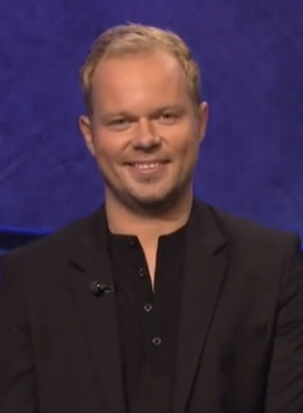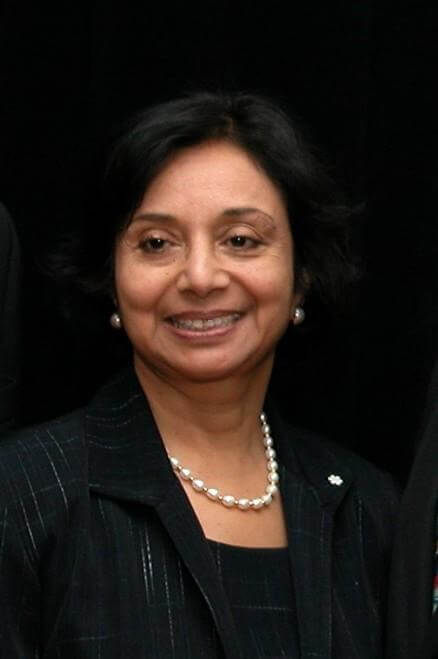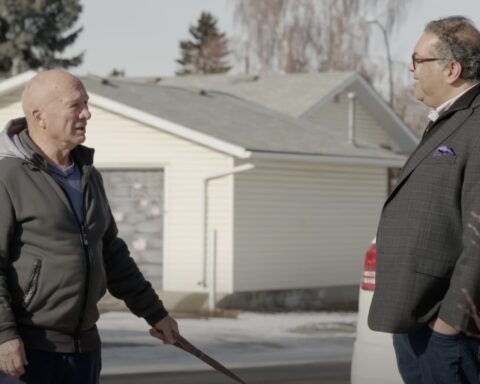One year ago, as Sochi geared up to host the 2014 Winter Olympics, Canadians united in condemnation of Russia’s anti-gay laws. Now, in preparation for hosting the Pan Am Games this summer, the city of Toronto has teamed with PrideHouse to ensure the “most inclusive games ever.”
Yet as Canada gets ready to showcase its inclusionary multiculturalism to the rest of the world, an antithetical debate over LGBTQ inclusion in schools has raged on the provincial level for weeks. Since mid-November, after Liberal Member of the Alberta Legislative Assembly Laurie Blakeman introduced Bill 202 (entitled the Safe and Inclusive Schools Statutes Amendment Act), the Alberta government has been embroiled in a debate over the legislation (as well as its hasty successor, Bill 10).
Blakeman explained her Bill’s intention was to make schools inclusive of sexual minority youth by preventing discrimination based on sexual orientation and by safeguarding the establishment of gay-straight peer support groups, usually termed “Gay-Straight Alliances” (GSAs).
We agree that such clubs improve school climate for LGBTQ students and are particularly effective as a preventative measure against bullying and cyber-bullying. But as deliberation over GSAs in Alberta schools continues, let us take a moment to review the distinct differences of proposed Bills 10 and 202, as well as to consider how the debate itself represents a contradiction of Canada’s commitment to multiculturalism.
Divisive debate
In videos uploaded to her YouTube channel, Blakeman explained the provisions of Bill 202. Firstly, it would revise Alberta’s Education Act so that it cross-referenced the Canadian Charter of Rights and Freedoms and Alberta Human Rights Act. Secondly, it would move the “Parental Opt Out” section from the Human Rights Act into the Education Act, thus making it possible for parents to excuse their children from classroom activities related to sexual health education—as they already could do in the event of religious or patriotic exercises. Thirdly, and causing the most controversy, Bill 202 would take away the power of school boards to deny students’ requests to organize GSAs.
Whereas Premier Jim Prentice described Bill 202 as “unnecessarily divisive,” a few days later Alberta’s Progressive Conservative government advanced its own Bill 10, called the Act to Amend the Alberta Bill of Rights to Protect our Children. In contrast to Bill 202, Bill 10 would grant school boards the final decision on whether students could form GSAs, in an effort, “to protect children and respect the role of parents and school boards.”
“Every time a kid has to leave the school… they will be reminded that they are second-class in relation to every other kid who is looking for out-of-school, voluntary, extracurricular support groups.” – NDP Leader, Rachel Notley
Those refused by their school boards would be permitted to make legal appeals, but critics challenged such difficult, and potentially lengthy, recourse as unfair to students. Subsequently, the Bill 10 proposal was amended, empowering the Education Minister to allow the establishment of GSAs even if school boards denied them, though the clubs may need to meet outside school grounds.
NDP Leader Rachel Notley spoke against the amendment, arguing that it would lead to segregation of gay youth: “Every time a kid has to leave the school… they will be reminded that they are second-class in relation to every other kid who is looking for out-of-school, voluntary, extracurricular support groups.”
In further deliberations, Bill 202 author Blakeman expressed that parents were grossly misinformed about GSAs and insisted that Bill 10 failed to protect at-risk students. By early December, Premier Prentice acknowledged Bill 10’s own divisiveness and issued a statement announcing that the legislation would be paused for further consultation with Albertans.
Inclusive citizenship
While discussion of Bill 10 remains on hold, let us take a moment to look at Alberta’s GSA debate through the lens of multiculturalism, Canada’s federal commitment to inclusive citizenship. In this case, we see how multicultural policy still struggles with the politics of recognition — the power relations embedded in the way groups and individuals see themselves and are recognized by others — at a provincial level.
Denying students the ability to assemble in the form of a GSA is in itself discrimination.
Bill 10 acknowledges that LGBTQ youth deserve protection from discrimination and bullying because of their sexual identity, but it would allow individual school boards to deem GSAs as incompatible with their school missions. This is contradictory because denying students the ability to assemble in the form of a GSA is in itself discrimination.
Here, we see how the Alberta provincial government fails to recognize sexual minorities as one of Canada’s many cultures, denigrating the LGBTQ community as the “other” by permitting the “heteronormative” majority to restrict LGBT rights.
Multicultural education
In our book, Redefining Multicultural Education: Inclusion and the Right to Be Different, we discuss how inclusivity in Canadian society is founded upon the right to be different. It is precisely through our differences — in race, ethnicity, religion, gender, sexuality, and (dis)ability — that we all come to represent the multicultural heritage of Canada. This is what makes Bill 10 so untenable: it fails to respect the differences among children in the province of Alberta.
The problem is that Alberta policymakers have given credence to the flawed argument made by the province’s Catholic school boards. As articulated by Calgary’s Catholic Bishop Fred Henry, the school boards argue “parents should be able to teach their children according to their religious beliefs without pressure from the government.” That’s fine, but vetoing all students’ opportunities to belong to such groups is intolerant.
In schools where GSAs exist, no one forces students to join them. Participation is purely voluntary. But students cannot even contemplate joining organizations that do not exist, which explains why the Catholic boards seem eager to maintain the status quo: “23 of 40 public school boards reported having at least one GSA, while all 17 Catholic boards and the four provincial Francophone boards reported no clubs back to the province.”
Discussions for the classroom
Even if Bill 10 has proven to be divisive in Alberta, discussion of the legislation is necessary in classrooms. Teachers who are committed to values of justice and fairness must face controversial issues head on. Taking a “neutral” approach by avoiding discussion of intolerance and homophobia is just pretense because it implies supporting the status quo, and, therefore, is not neutral.
Moreover, it is never neutral when a teacher, administrator, or school board exerts the power to dictate how students spend their time in school. Indeed, as Red Deer principal Dan Lower expressed, students deserve the right to steer the discussion on GSAs.
We challenge teachers to infuse their curriculums with multicultural values by finding room to bring up the topic—and, in doing so, getting their students to think critically about difference.
So the question that remains is how educators can turn Alberta’s GSA debacle into a “teachable moment.” We challenge teachers to infuse their curriculums with multicultural values by finding room to bring up the topic—and, in doing so, getting their students to think critically about difference.
For instance, an English language arts teacher can modify a lesson on tone by asking students to contrast the heartening title of Bill 202 with the foreboding title of Bill 10. A history teacher can teach about the Canadian Constitution by tracing the establishment of separate, minority-faith school systems.
A math teacher can rework a lesson on ratios to utilize data on GSAs. A science teacher can ask students to apply understanding of symbiosis to societal relationships. A physical education teacher can demonstrate the advantages of diversity in team building. An art teacher can highlight design principles like contrast and juxtaposition with projects aimed at “challenging binaries.”
Meaningful discussions are sure to result.

 Mariusz Galczynski is a lecturer at McGill University, administrator of the Québec Ministry of Education’s English Exam for Teacher Certification, and a former secondary school teacher.
Mariusz Galczynski is a lecturer at McGill University, administrator of the Québec Ministry of Education’s English Exam for Teacher Certification, and a former secondary school teacher.
Ratna Ghosh is a James McGill Professor and William C. Macdonald Professor at McGill University. The recipient of several awards from national and international organizations, and honours which include the Orders of Canada and Quebec, and most recently India’s prestigious Hind Rattan Award for 2015, she is a Fellow of the Royal Society of Canada and was featured in Time magazine as one of “Canada’s Best in Education.”
The third edition of their book, Redefining Multicultural Education: Inclusion and the Right to Be Different, was published by Canadian Scholars’ Press in 2014.




